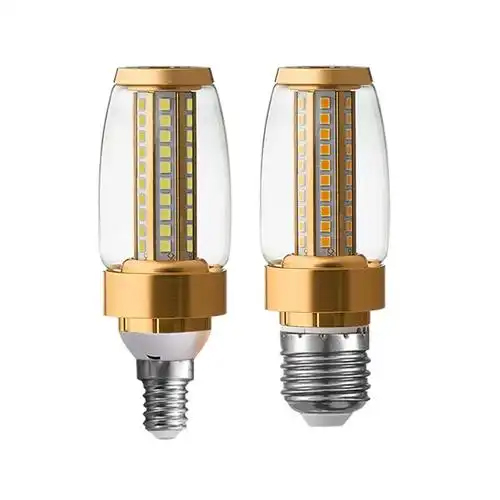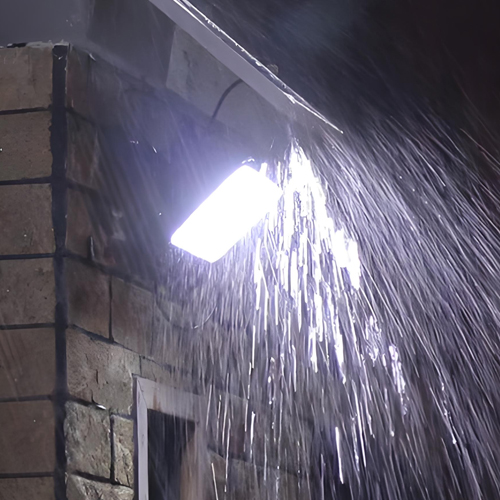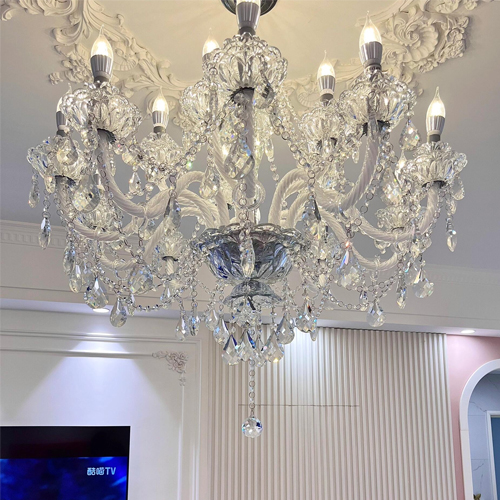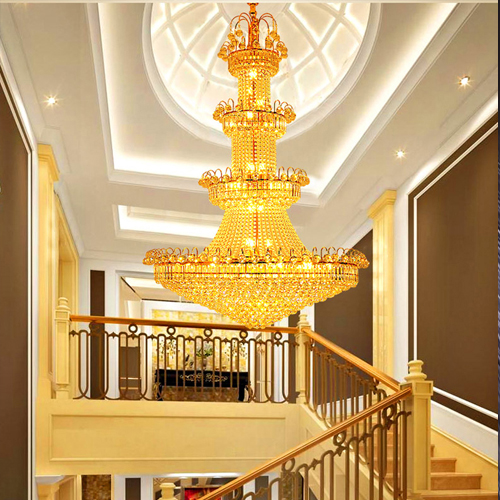1. What types of lighting accessories are there?
1. LED lighting accessories
This type of accessories uses LED as the core light source and is currently the mainstream energy-saving lighting choice. Common types include LED bulbs, LED candle lamps, LED fluorescent lamps, LED ceiling lamps, etc. In home scenes, LED bulbs and fluorescent lamps are widely used: bulbs are not only energy-saving and environmentally friendly, with a lifespan of tens of thousands of hours, but also avoid flicker problems; LED fluorescent lamps emit light evenly, have strong shock resistance, and are suitable for various indoor environments.

2. Outdoor lighting accessories
Designed specifically for outdoor environments, highlighting waterproof and windproof performance, the core function is to meet outdoor lighting needs. Among them, sodium lamps (divided into high sodium lamps and low sodium lamps) and mercury lamps (including low pressure, high pressure and ultra-high pressure) are common categories that can adapt to the complex climatic conditions of open-air environments.

3. Home lighting accessories
This type of accessories has both lighting and decorative functions, which can enhance the style of the space. Common ones include crystal lamps, fabric lamps, stone lamps, glass lamps, low-pressure lamps, etc. Crystal lamps and stone lamps are relatively expensive due to their unique texture and elegant temperament; glass lamps are affordable and have soft light, and are often used in spaces such as bedrooms.
2. Key points for purchasing lighting
Judging by the usage scenario
If used outdoors, waterproofness, durability and practicality should be given priority, and aesthetics should be secondary; if used indoors, attention should be paid to decorative effects and coordination with the atmosphere of the space.

Combine the size of the space with the decoration style
The lamps need to match the size of the room. For example, if a large chandelier is installed in a small bedroom, it will appear depressing; in terms of style, European-style decoration is more suitable for crystal lamps, while Chinese-style decoration is suitable for lamps with traditional charm such as stone lamps.
Avoid too strange shapes
Lamps are preferably regular shapes such as round and square. From the perspective of traditional Feng Shui, strange shapes may make people feel uncomfortable and need to be selected with caution.
3. Classification of engineering lamps
Engineering lamps usually refer to lamps that are beyond the scope of home lighting and are suitable for large projects. They are not limited by size and material, and have the characteristics of high customization and long production cycle. The difference between it and non-standard engineering lamps is mainly reflected in the material and assembly method: engineering lamps are mostly standardized products with strong versatility (such as mercury lamps, sodium lamps, metal halide lamps, etc.); non-standard engineering lamps are customized according to project requirements, such as special lamps for hotels, clubs, villas and other scenes, which have higher installation and maintenance requirements.

1. Classification by material
Including marble lamps, imitation marble lamps, crystal lamps, fabric lamps, sheepskin lamps, wooden lamps, glass lamps, resin lamps, iron lamps, copper lamps, etc.
2. Classification by function
It can be divided into chandeliers, ceiling lamps, wall lamps, table lamps, floor lamps, etc. to meet the lighting and decoration needs of different scenes.
3. Classification by design style
It covers European lamps, Chinese lamps, American lamps, modern lamps, etc., which is consistent with the classification of traditional lamp styles and can adapt to projects with different decoration styles.
4. Classification by scope of use
Including indoor lighting, outdoor lighting, landscape lighting, stage lighting, traffic lighting and other special scene lighting, covering the needs of various engineering scenes

